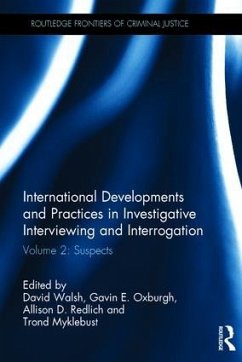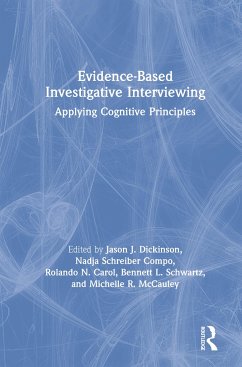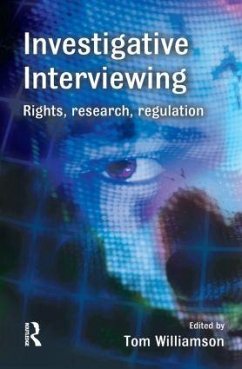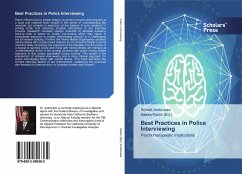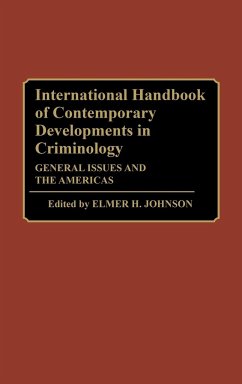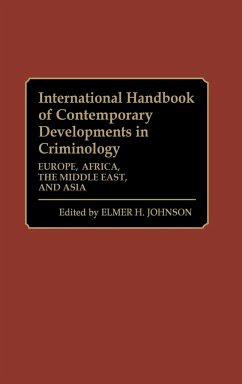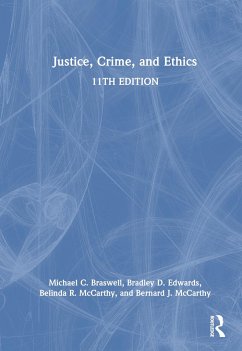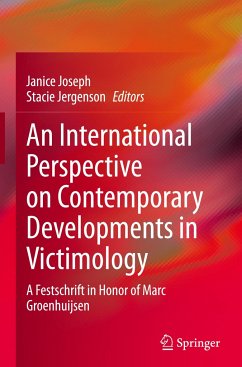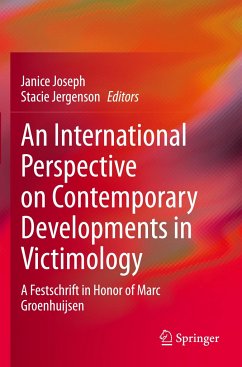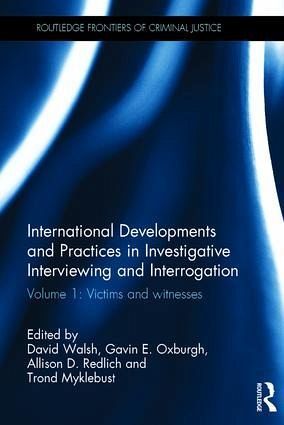
International Developments and Practices in Investigative Interviewing and Interrogation
Volume 1: Victims and witnesses
Herausgeber: Walsh, David; Redlich, Allison; Oxburgh, Gavin
Versandkostenfrei!
Versandfertig in 1-2 Wochen
177,99 €
inkl. MwSt.
Weitere Ausgaben:

PAYBACK Punkte
89 °P sammeln!
Techniques in the investigative interviewing and interrogation of victims, witnesses and suspects of crime vary around the world, according to a country's individual legal system, religion and culture. Whereas some countries have developed certain interview protocols for witnesses (such as the ABE Guidelines and the NICHD protocol when interviewing children) and the PEACE model of interviewing suspects, other countries continue to use physical coercion and other questionable tactics to elicit information. Until now, there has been very little empirical information about the overall interview a...
Techniques in the investigative interviewing and interrogation of victims, witnesses and suspects of crime vary around the world, according to a country's individual legal system, religion and culture. Whereas some countries have developed certain interview protocols for witnesses (such as the ABE Guidelines and the NICHD protocol when interviewing children) and the PEACE model of interviewing suspects, other countries continue to use physical coercion and other questionable tactics to elicit information. Until now, there has been very little empirical information about the overall interview and interrogation practices in non-western countries, especially the Middle and Far East. This book addresses this gap, bringing together international experts from over 25 countries and providing in-depth coverage of the various interview and interrogation techniques used across the globe. Volume 1 focuses on the interviewing of victims and witnesses, aiming to provide the necessary information for an understanding of how law enforcement agencies around the world gain valuable information from victims and witnesses in criminal cases. Together, the chapters that make up this volume and the accompanying volume on interviewing suspects, draw on specific national case studies and practices, examine contemporary challenges and identify best practice to enable readers to develop an international, as well as a comparative, perspective of developments worldwide in this important area of criminal investigation. This book will be an essential resource for academics and students engaged in the study of policing, criminal investigation, forensic psychology and criminal law. It will also be of great interest to practitioners, legal professionals and policymakers around the world.





